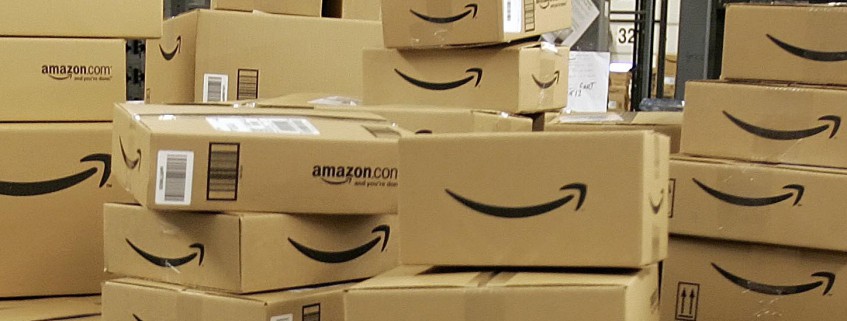
From automobiles to Amazon: how one seller built a global business
 We recently had a chance to talk with Takayuki Eiki, who runs the web tool PRIMA (illustrious LLC) which helps Japanese sellers to utilize the Amazon platform more effectively. Takayuki is not only an online seller but also a host for vacation rentals in Japan. He shares his experience on building a business in a global marketplace:
We recently had a chance to talk with Takayuki Eiki, who runs the web tool PRIMA (illustrious LLC) which helps Japanese sellers to utilize the Amazon platform more effectively. Takayuki is not only an online seller but also a host for vacation rentals in Japan. He shares his experience on building a business in a global marketplace:
Why did you start an online exporting business? How did Payoneer help?
I used to work in automobile industry; however, I always wanted to be independent. Once I decided to be a sole proprietor, I stoped working at mycompany without any hesitations and started a global business selling items on eBay and Amazon.
I started this business in the summer of 2012 when the USD hit the cheapest record in Japan. I worked very hard to establish my business, but the payment options to receive my earnings were limited and it was one of my barriers to growth. I searched for a payment option that would offer me flexibility and minimal fees, which is when I found Payoneer.
In 2014, our Amazon support system, PRIMA, partnered with Payoneer. PRIMA now has 330 members and we are going to launch the global version supporting foreign languages not far from now. We hope to empower the people who sell on Amazon marketplaces all over the world with our system.
We hear you are also a host on Airbnb?
I heard about Airbnb in the Spring of 2014. I rent an apartment in Tokyo but I often go for business to Ehime where my company is located. I wanted to find a solution to use this room when I was not there. My friend told me about Airbnb and I thought “that’s the one!”
I didn’t start hosting to make money. I simply wanted to meet guests from all over the world. I don’t usually have a chance to meet face to face and to chat with non-Japanese people, even though I work for an international business. The communication in my business is mostly email or chat by internet. The ability to meet and chat with guests gives me a great opportunity to learn languages and better understand cultures for my business. I’m very happy to be a host in Airbnb.
Would you recommend becoming an online seller or Airbnb host?
I like Japan where I was born. There are Thai people who like Thailand, there are French people who like France. I’ve been thinking to visit many countries for a long time and that is why I wanted to build a global business. Being an online seller is the best solution for me. I would recommend building an online business to someone who is like me- interested in different cultures and places they have never visited. Any business which has relationships with people outside of where I know (Japan) is very exciting business for me.
What are your thoughts on Payoneer?
I was very happy hearing about EUR collection account and the local bank transfer option. Payoneer leads the payment business and Payoneer’s services have motivated and stimulated my business. I use Payoneer to receive payments from Amazon, eBay and now Airbnb. I’d like to use their service for B2B business in the future as well.
Would you also like to share your experience or interesting story with the Payoneer community? We’d love to hear about it – let us know by sending an e-mail to community@payoneer.com, or post your comment below!






